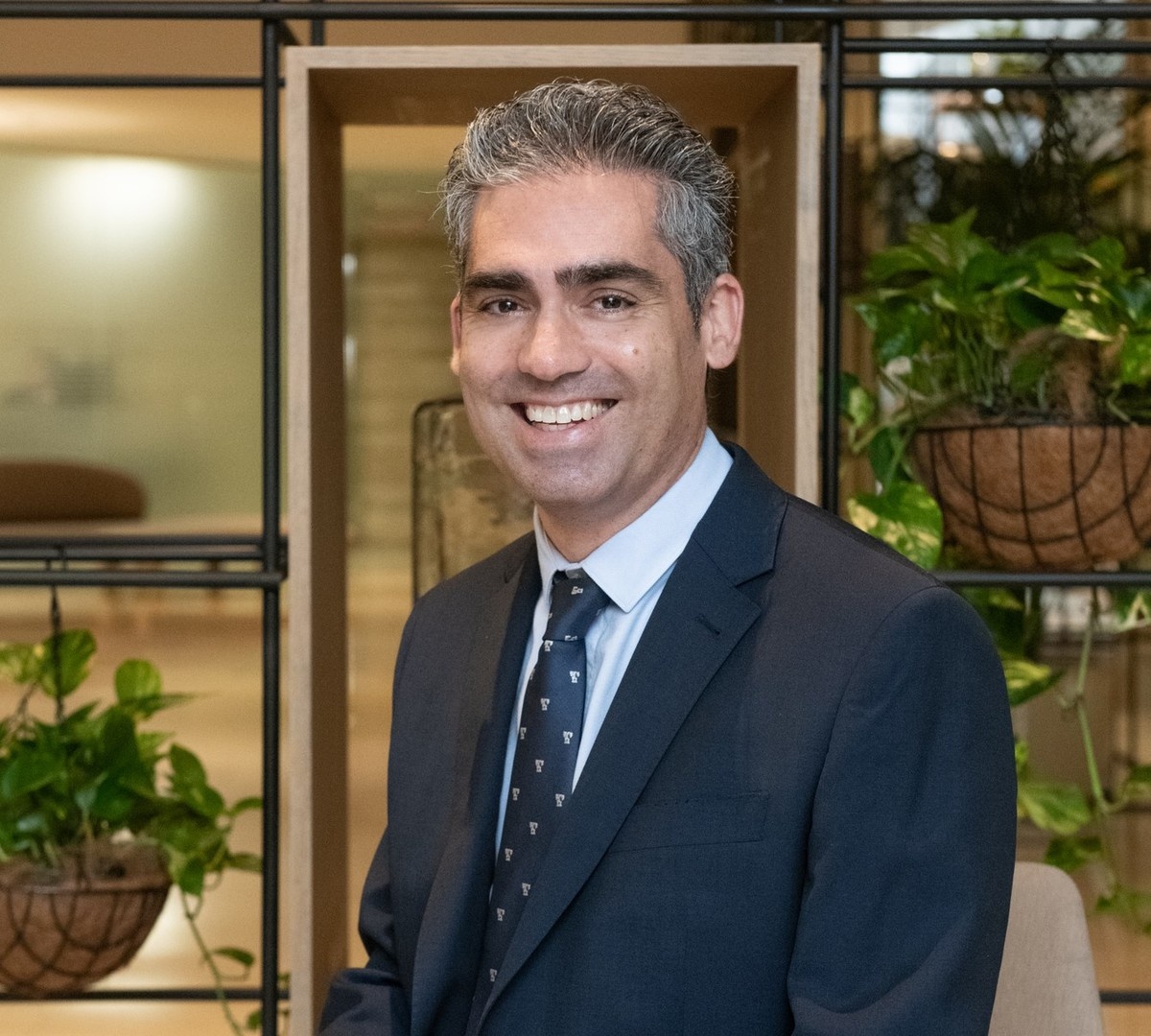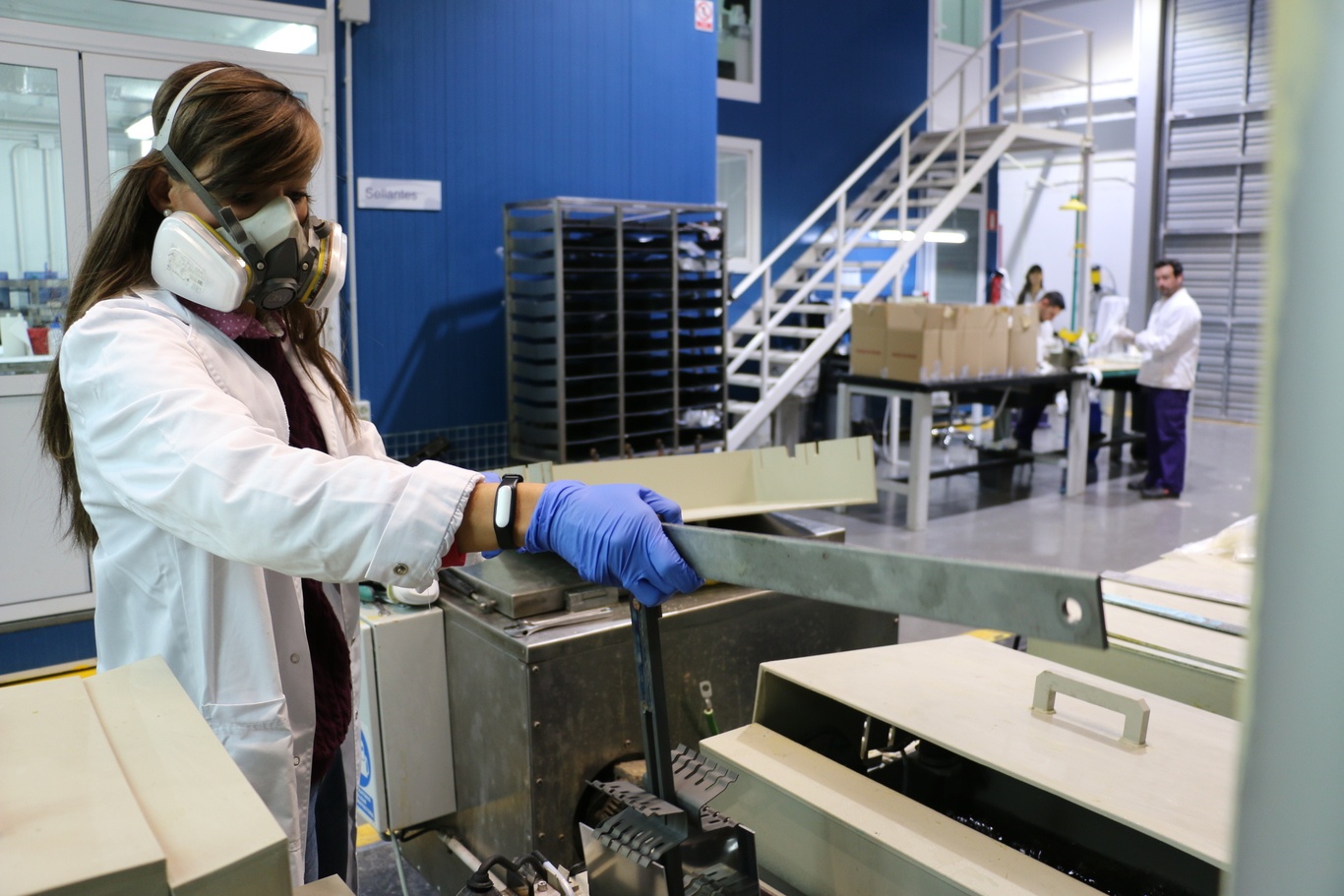 Fabián Varas received a degree as a Telecommunications Engineer from the Universidad Politécnica de Cataluña, and has a Master’s Degree in Innovation Management from La Salle International Graduate School, training in digital transformation from ICEMD-ESIC and in entrepreneurship from Stanford University and the University of California – Berkeley. He is the Technical Director of CTA. Previously, he was the technical manager of the ICT sector at CTA, where he was an evaluator and consultant for R&D+i projects. Prior to that, he started his career at BT in the UK, becoming an expert in wireless technologies and radio spectrum management. He has 20 years of experience in the execution and management of R&D+i business projects.
Fabián Varas received a degree as a Telecommunications Engineer from the Universidad Politécnica de Cataluña, and has a Master’s Degree in Innovation Management from La Salle International Graduate School, training in digital transformation from ICEMD-ESIC and in entrepreneurship from Stanford University and the University of California – Berkeley. He is the Technical Director of CTA. Previously, he was the technical manager of the ICT sector at CTA, where he was an evaluator and consultant for R&D+i projects. Prior to that, he started his career at BT in the UK, becoming an expert in wireless technologies and radio spectrum management. He has 20 years of experience in the execution and management of R&D+i business projects.
“Thanks to innovation, Titania has managed to adapt the service it provides to its customers”

One of the R&D+i projects developed by Titania with CTA funding, called Nanodizing, applies nanotechnology for the development of chromium-free aeronautical anodizing. The most common anodizing technique in the industry to make composite materials resistant to corrosion used a solution of hexavalent chromium as the electrolyte. However, the chemical’s dangerousness and toxicity (it is considered to be carcinogenic) led to its inclusion in the European REACH regulation and to the restriction of its use. The aerospace industry therefore reacted by developing new, more environmentally and health-friendly anodizing methods. Titania’s project has developed a chromium-free anodizing method that presents better behaviour against corrosion than other new alternative methods. Thus, thanks to innovation, Titania has managed to adapt the service it provides to its customers.
The Andalusian aeronautical industry, made up of more than 130 companies with a turnover of 2,530 million euros and employing nearly 16,000 professionals in the region, contributes 1.57% to Andalusia’s GDP and has a significant weight in exports. The huge direct impact of the coronavirus crisis and the high dependence on the Airbus industry as a motor are clouding the future of this valuable industrial fabric. Apart from possible plans for specific aid to the sector, such as that already launched in France or as is being demanded by the Andalusian government, one of the best ways to deal with this stage of uncertainty and instability is a solid R&D+i strategy on the part of each company. This will be the key to remaining competitive and finding new ways to grow in the future.

